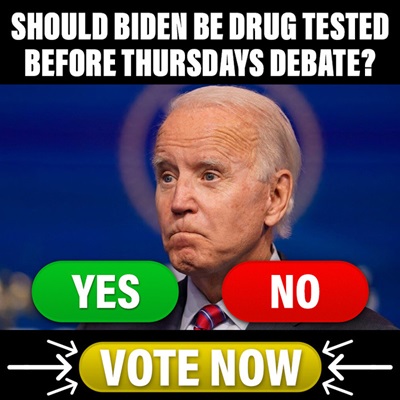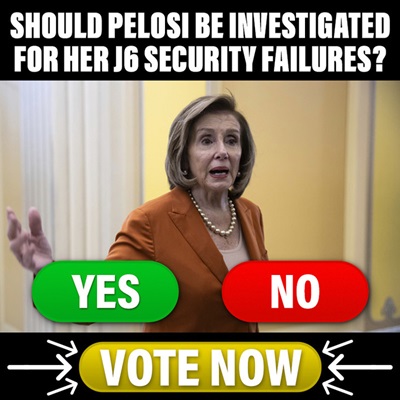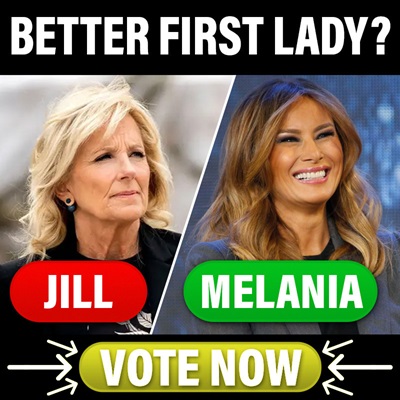In a legal setback for California Governor Gavin Newsom, a federal judge ruled on Wednesday that the state’s controversial law, AB 2839, commonly referred to as the “meme ban,” is unconstitutional. The decision by Judge John A. Mendez of the U.S. District Court for the Eastern District of California struck down the law, citing its broad overreach and unconstitutional restrictions on free speech.
The case was brought forward by Christopher Kohls, a social media influencer known by his online persona “Mr. Reagan”, who creates political satire and parody videos. Kohls challenged the legality of AB 2839, arguing that it infringed on his First Amendment rights to free speech and expression by imposing harsh penalties on AI-generated content and political deepfakes that might alter the public perception of candidates.
Under the provisions of AB 2839, any digitally manipulated political content that could “reasonably harm” the reputation or electoral prospects of a candidate could result in civil penalties. The law also required content creators to include large disclaimers in their satirical videos, labeling them as “deceptive” media. In the lawsuit, Kohls contended that the law stifled political satire, a long-standing tradition in American politics, and forced creators to comply with overly burdensome regulations.
In his decision, Judge Mendez agreed with Kohls, ruling that AB 2839 violates the First Amendment. He criticized the law as overly broad and noted that it did not meet the standard of narrow tailoring required to regulate speech. Mendez pointed out that the law failed to strike a balance between preventing disinformation and preserving the right to free expression. In his opinion, Mendez wrote, “AB 2839 acts as a hammer instead of a scalpel, serving as a blunt tool that hinders humorous expression and unconstitutionally stifles the free and unfettered exchange of ideas which is so vital to American debate.”
The ruling was hailed as a victory for free speech advocates and critics of the bill, who had long argued that the law’s vague language could have a chilling effect on political commentary and satire. Mendez said that the First Amendment’s protection of political speech is essential to a healthy democracy, stating that “even deliberately false speech about government officials is protected under the Constitution.”
Gov. Gavin Newsom and California legislators had championed AB 2839 as a tool to combat disinformation in the digital age, particularly with the rise of deepfakes and AI-generated political content. However, Judge Mendez found that the law’s broad scope made it impossible to enforce without infringing on constitutionally protected speech. In particular, he highlighted the law’s failure to distinguish between satire, parody, and genuinely harmful disinformation. He noted that forcing creators of parody content to display large disclaimers throughout the entirety of their videos effectively “drowns out” their message, amounting to an unconstitutional form of compelled speech.
Mendez further reasoned that the government could address the problem of disinformation through less restrictive means, such as promoting counter-speech and public education, rather than resorting to content-based restrictions that disproportionately impact political expression. For now, AB 2839 is blocked from taking effect, pending further legal proceedings. The ruling is likely to be appealed by the state of California, setting up a potential legal showdown at the Ninth Circuit Court of Appeals.
(FREE RED HAT: “Impeached. Arrested. Convicted. Shot. Still Standing”)














